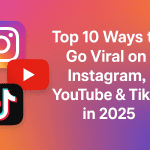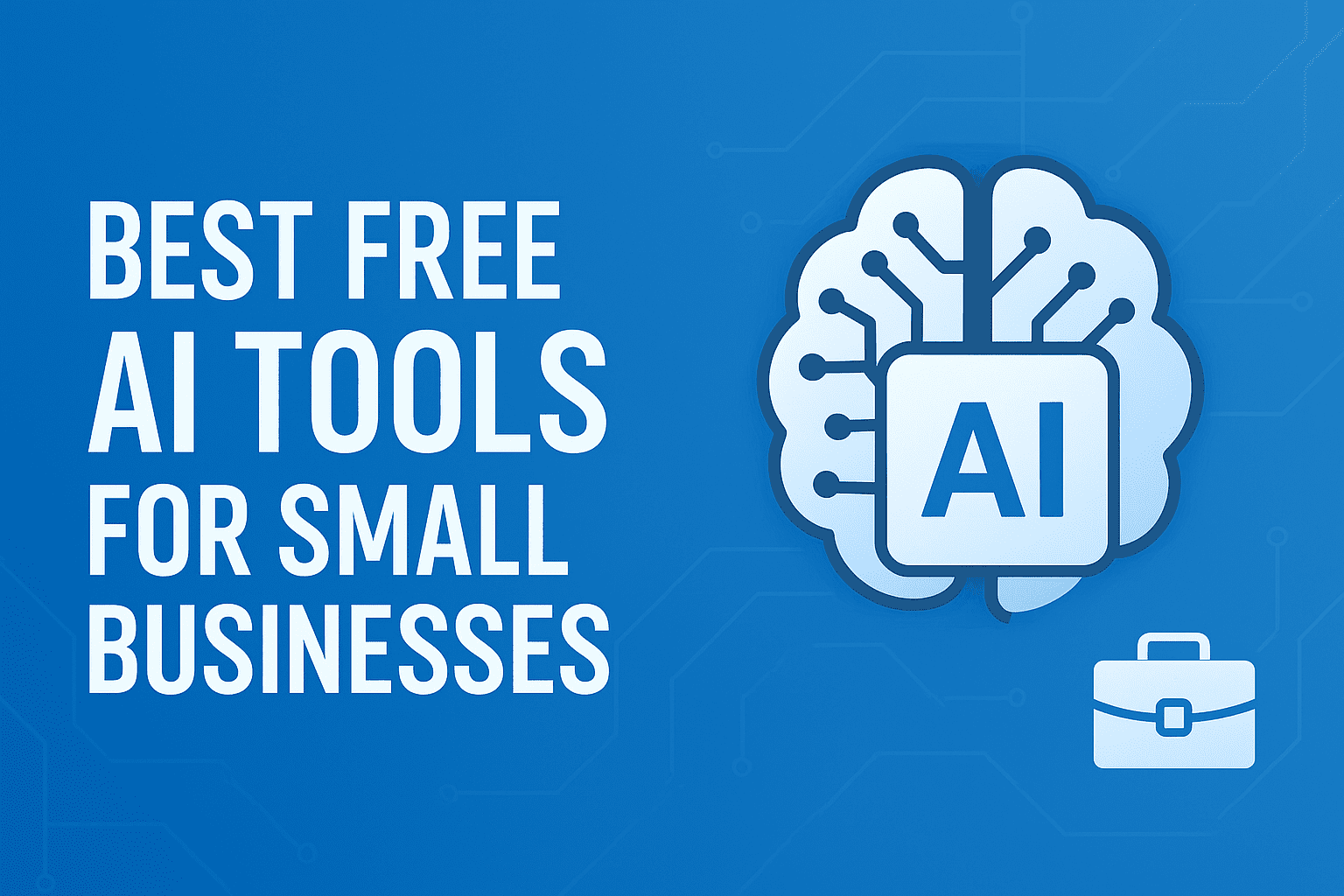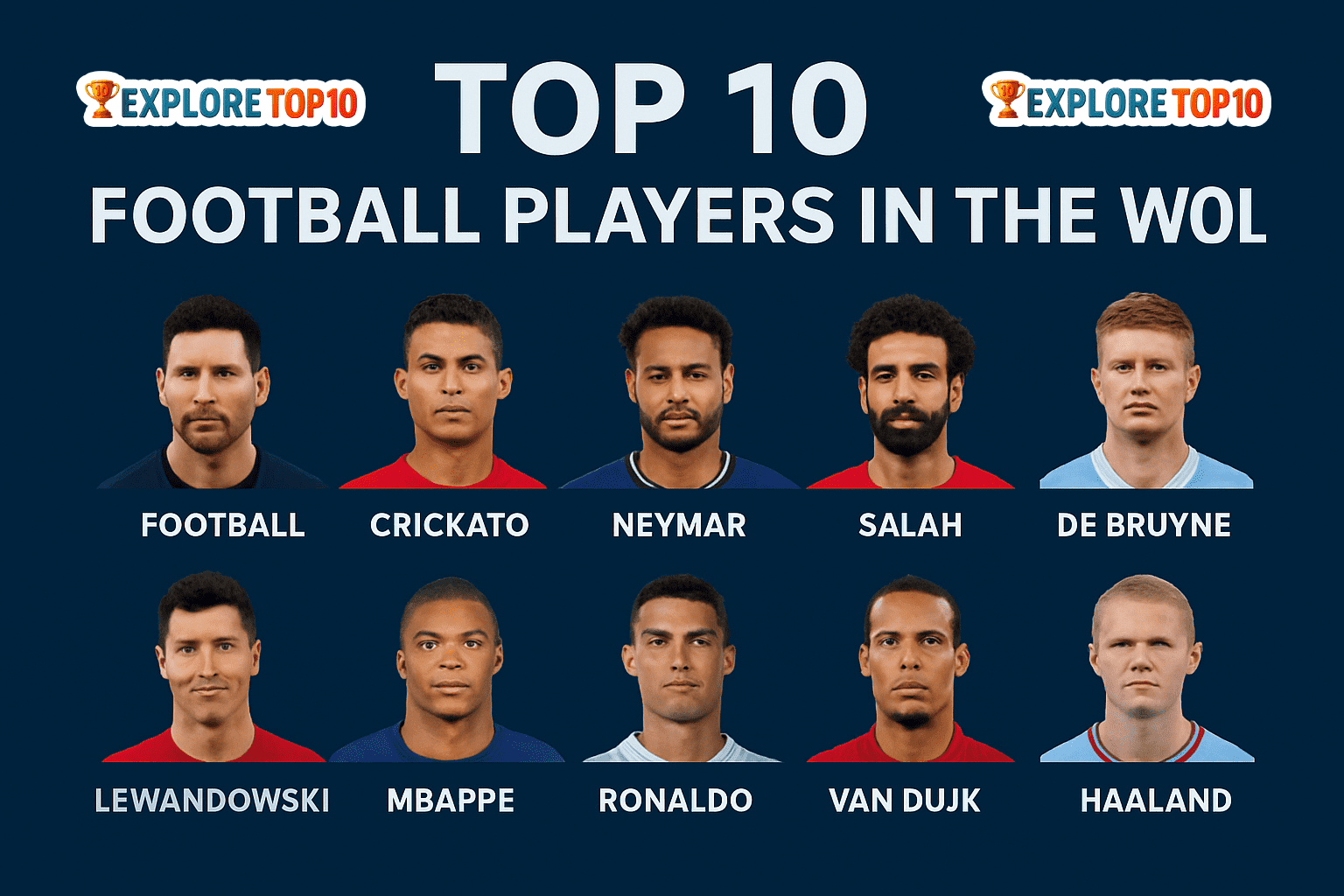Running a small business in 2025 is both exciting and challenging. Competition is fierce, customer expectations are higher than ever, and every business owner is required to juggle multiple roles—marketing, customer service, operations, accounts, HR, and strategy.
But here’s the good news:
AI (Artificial Intelligence) has become the biggest advantage for small businesses.
Where big companies once dominated with money and large teams, today even the smallest business can compete using FREE AI tools that automate work, reduce costs, improve marketing, and speed up business growth.
🌟 Why Small Businesses Must Use AI in 2025
Before we go tool-by-tool, it’s important to understand why AI is essential—not optional—for business owners.
✔ 1. AI Saves Time
Tasks that used to take hours such as writing posts, emails, proposals, and ads can now be done in minutes.
✔ 2. Reduces Business Costs
AI helps you automate costly tasks like:
- Social media content
- Email marketing
- Bookkeeping
- Customer service
- Graphic design
- Website content writing
✔ 3. Boosts Productivity
Business owners can focus on:
- Sales
- Customer satisfaction
- Branding
- Product improvement
Instead of repetitive tasks.
✔ 4. Helps You Compete With Big Brands
AI gives small businesses access to the same powerful tools used by large companies—but at zero cost.
✔ 5. Helps Improve Website Quality (AdSense Benefit)
Google AdSense rejects websites for:
❌ Low-value content
❌ Thin pages
❌ Repetitive text
❌ Poor formatting
❌ Lack of originality
AI tools help business owners create:
✔ High-quality articles
✔ Unique visuals
✔ Branded graphics
✔ Professional email flows
✔ Consistent social media presence
This increases website value, user engagement, and AdSense approval chances.
⭐ Top Free AI Tools Every Small Business Should Use in 2025
Below is the detailed list of the most powerful free AI tools, along with their features, use cases, and business benefits.
⭐ 1. ChatGPT — The All-Rounder AI Assistant (Free Plan Available)
ChatGPT is the most versatile AI tool for small businesses.
What ChatGPT Can Do for You
- Write blogs, website pages, and SEO content
- Create social media posts
- Generate marketing plans
- Write customer support scripts
- Build product descriptions
- Help with ideas & strategy
- Create ads and outreach messages
- Automate replies
- Improve content quality
Why It’s Ideal for Small Businesses
You get a digital assistant who works 24/7—free of cost.
AdSense Benefit:
Creates high-quality, original, long-form content that increases site value and reduces “Low Value Content” errors.
⭐ 2. Canva AI — Free Graphic Design + AI Image Tools
Canva is the perfect tool for creating professional visuals without design skills.
What Canva AI Can Create
- Logos
- Banners
- Flyers
- Posters
- Infographics
- Presentations
- Social media graphics
- Product designs
- Business cards
AI Features
- Magic Write (AI writing for captions & descriptions)
- Magic Edit (AI editing of photos)
- Magic Design (auto-design templates)
- AI image generation
AdSense Benefit:
Improves the look and feel of your blog, increasing engagement and reducing bounce rate.
⭐ 3. Google Gemini (formerly Bard) — Free AI for Emails, Docs & Data
Gemini integrates directly inside:
- Google Docs
- Google Sheets
- Gmail
- Google Drive
What It Can Do
- Write professional emails
- Summarize long documents
- Create SEO outlines
- Generate spreadsheet formulas
- Analyze data
- Build customer reports
Best For
Productivity, business documents, and smart data handling.
⭐ 4. Notion AI — AI-Powered Business Management
Notion is the ultimate workspace tool, now upgraded with powerful AI capabilities.
Capabilities
- Summarizes meeting notes
- Creates project plans
- Generates action steps
- Organizes team tasks
- Helps with client management
- Stores SOPs and business workflows
Why It’s Useful
Perfect for organizing your entire business in one place.
⭐ 5. Mailchimp Free AI — Email Marketing Automation
Email marketing remains the strongest digital marketing channel.
Mailchimp AI helps to:
- Write email campaigns
- Create newsletters
- Segment audiences
- Automate follow-ups
- Improve campaign performance
Why It Matters
Turn one-time customers into repeat buyers automatically.
⭐ 6. HubSpot Free AI CRM — Manage Customers Like a Pro
HubSpot’s free CRM comes with powerful AI automation.
Capabilities
- AI customer scoring
- Automated emails
- Lead tracking
- Sales pipeline management
- Analytics dashboards
Why Small Businesses Need It
A CRM improves conversions, customer relationships, and sales organization.
⭐ 7. Trello + AI — Simplify Project & Team Management
Trello uses AI power-ups to help automate:
- Task creation
- Deadline suggestions
- Workflow improvements
- Team communication
Perfect For
Small teams that need simple project management.
⭐ 8. Looka — Free AI Logo & Branding
Branding is costly, but Looka provides:
- AI-generated logos
- Color palettes
- Brand guidelines
- Typography recommendations
- Business card designs
Useful For
New businesses, rebranding, and startups.
⭐ 9. CapCut AI — Free Video Editing for Social Media
Video marketing is essential in 2025.
What CapCut Offers
- Auto video editing
- AI subtitles
- Background removal
- Trending templates
- Script-to-video
- Voiceovers
Perfect For
Instagram Reels, TikTok, YouTube marketing.
⭐ 10. Grammarly — Free AI Writing & Grammar Tool
Grammarly ensures all your business communication is polished.
Capabilities
- Fixes grammar
- Suggests tone improvements
- Increases clarity
- Makes writing professional
AdSense Benefit
Helps remove errors, increasing content quality score.
⭐ Bonus AI Tools Worth Using
11. Hootsuite Free AI
Automate your social media posting.
12. Lumen5
Create videos from blogs in one click.
13. Zapier Free AI Automation
Connects apps and automates workflows.
14. Wave Accounting
Free accounting + invoicing with AI assistance.
15. Pictory AI
Turns text into videos for YouTube & social media.
🧠 How AI Helps Small Businesses Grow Faster
AI improves every area of small business:
🔹 1. Automates Time-Consuming Work
From admin tasks to content creation.
🔹 2. Boosts Marketing Power
Creates social posts, ads, videos, designs, and email campaigns.
🔹 3. Improves Customer Service
Chatbots and CRM tools handle customer queries instantly.
🔹 4. Reduces Costs
No need to hire designers, editors, or marketers at the beginning.
🔹 5. Helps With SEO & AdSense Approval
AI-generated:
- High-quality articles
- Original images
- Structured formatting
- Keyword-optimized posts
All help fix common AdSense issues.
📈 The Future of AI for Small Businesses (2025–2030)
Expect rapid growth in:
- AI customer service bots
- AI-powered market research
- Auto-generated video marketing
- AI financial management tools
- Voice-operated business assistants
Businesses that adapt early will dominate their market.
🔚 Conclusion: AI Is Your Most Powerful Free Growth Weapon
AI is no longer a luxury—it’s a necessity.
Small businesses that use free AI tools can:
✔ Grow faster
✔ Save thousands of dollars
✔ Automate repetitive tasks
✔ Build stronger branding
✔ Improve website quality
✔ Get AdSense approval more easily
✔ Outperform competitors
Whether you run a shop, agency, consulting service, online store, or local business—AI will help you scale smarter and faster.









